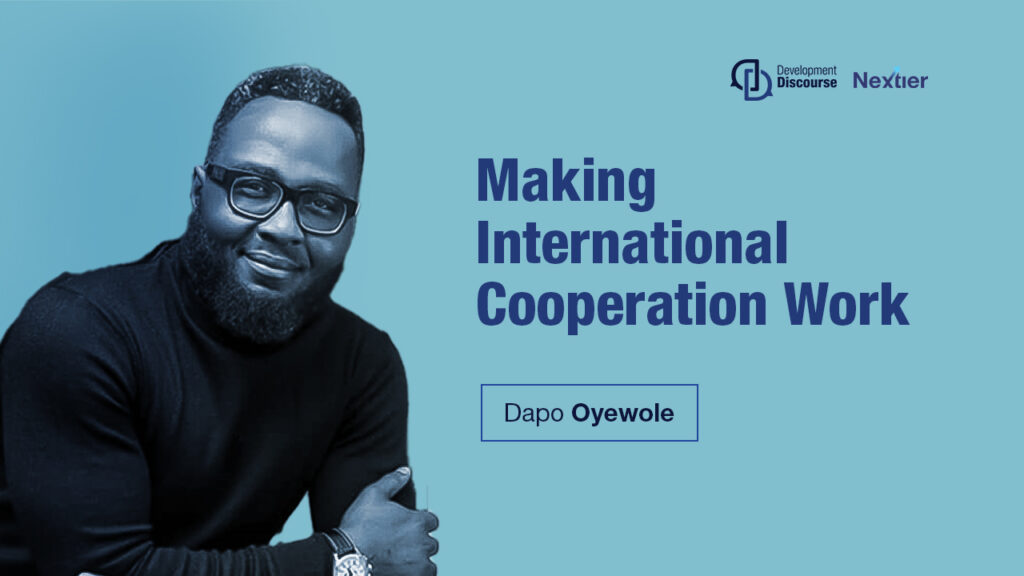From Elitocracy to Democracy
Patrick O. Okigbo III, in conversation with Dr Okey Ikechukwu, mni
Date: Wednesday, August 7, 2024
Time: 3:00 p.m. – 4:30 p.m. (WAT)
Zoom: Register here
Churchill was correct in describing democracy as “the worst form of government, except for all those other forms that have been tried from time to time.” However, for democracy to be effective, the state must ensure free and fair elections, uphold the rule of law, defend the separation of powers, protect civil liberties and human rights, encourage inclusive and plural political participation, ensure accountability and transparency, among other principles.
Nigeria has had an uninterrupted 25 years of democratic rule. However, the country has failed to ensure that ordinary citizens have the ultimate control of political power, which is a fundamental principle of democratic governance. Instead, political power in Nigeria is concentrated in the hands of a select group of individuals. This has led to a democratic deficit, increased inequality, accountability issues, social unrest, biased public policies, disproportionate resource distribution, and a decline in public trust. If left unaddressed, this elitocracy could evolve into oligarchy, plutocracy, authoritarianism, kleptocracy, or even feudalism.
In his book, “Gambling on Development,” Stefan Dercan argues that establishing a development bargain is crucial for achieving sustainable economic growth and development in any country. This outcome requires an elite consensus to prioritise national development. Such a bargain may require them to exercise restraint and potentially risk their positions of power for long-term growth and prosperity.
But why should rams vote for Sallah? In “The Narrow Corridor,” Daron Acemoglu and James A. Robinson argue that liberty flourishes where there is a balance of power between the state and society, preventing either from becoming too dominant. They argue for a “shackled Leviathan,” where the state is powerful enough to enforce laws and provide public goods but is constrained by a strong society that demands accountability and limits on the former’s powers.
The question is: how can Nigerians and their government achieve this balance? How can the elite become more sensitive to the realities the masses face? How can the masses (and their civil society) place checks on the elite? What forces and processes will move an elitocracy to become a democracy? How can the state and the people carefully navigate this transition to excise the cancer without harming the host?
Join Prof. Okey Ikechukwu, Executive Director of Development Specs Academy, and Patrick O. Okigbo III, Founding Partner of Nextier, to explore these and many more questions.
Nextier, a multi-competency advisory firm, uses its Development Discourse series to probe for answers to complex development questions. Please click here to view the details of past events.


